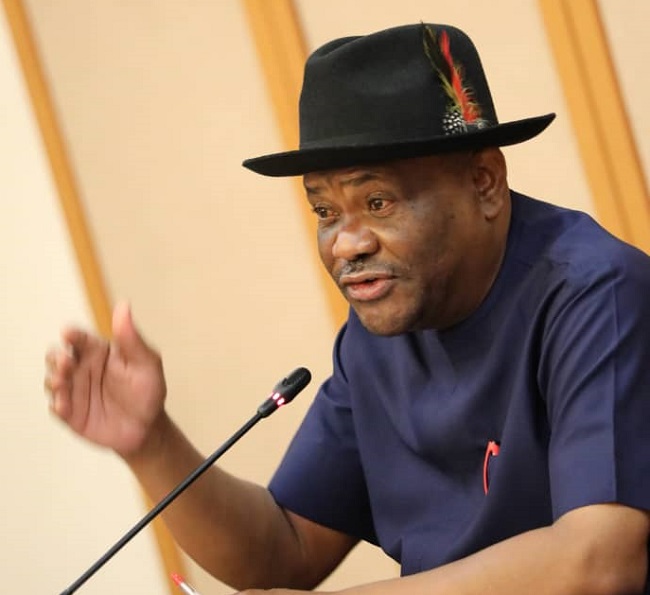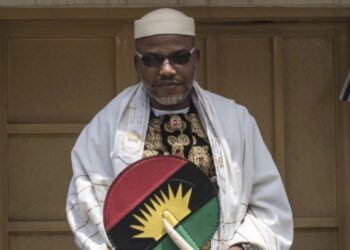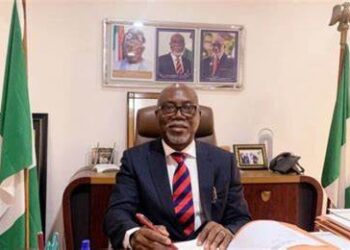The Federal Government of Nigeria is currently indebted to electricity generation companies (GenCos) and distribution companies (DisCos) to the tune of over ₦4 trillion, raising concerns about the sustainability of the nation’s power sector.
Minister of Power, Adebayo Adelabu, disclosed this staggering debt figure on Thursday during the public presentation of the National Integrated Electricity Policy and Nigeria Integrated Resource Plan in Abuja. He noted that the financial shortfall has significantly hampered the sector’s ability to provide efficient services to consumers.
Breaking down the debt profile, Adelabu revealed that ₦2 trillion is classified as legacy debt owed to GenCos, while another ₦1.9 trillion is due as electricity subsidies for 2024. Additionally, DisCos are burdened with an outstanding ₦450 billion in unpaid subsidies for the same period.
“One of my biggest concerns is the enormous debt accumulated in the power sector. We have over ₦2 trillion in legacy debt, while an additional ₦1.9 trillion in electricity subsidies for 2024 remains unpaid. Furthermore, DisCos are owed ₦450 billion in subsidy arrears,” he explained.
He emphasized that the financial distress faced by GenCos directly affects their ability to procure gas, maintain infrastructure, and pay staff salaries, ultimately impacting power generation and distribution.
Adelabu warned that the government could no longer sustain the growing subsidy burden, given the increasing electricity consumption across the country.
“The key issues remain market liquidity and sector reforms. We will continue to address these challenges and review the tariff structure—not necessarily to increase it, but to explore ways to enhance the progress made last year,” he stated.
The minister further noted that a new intervention model is being developed to ensure that subsidies are better targeted at those who genuinely need support. He also expressed disappointment over the inadequate investment by DisCos in distribution networks, highlighting that the anticipated transition of more consumers to Band A, which guarantees longer hours of electricity supply, has not been realized due to poor infrastructure investments.
The power sector’s liquidity crisis remains a major impediment to achieving stable electricity supply in Nigeria, and stakeholders are eagerly awaiting policy reforms that could help alleviate the financial burden and enhance power delivery nationwide.


















